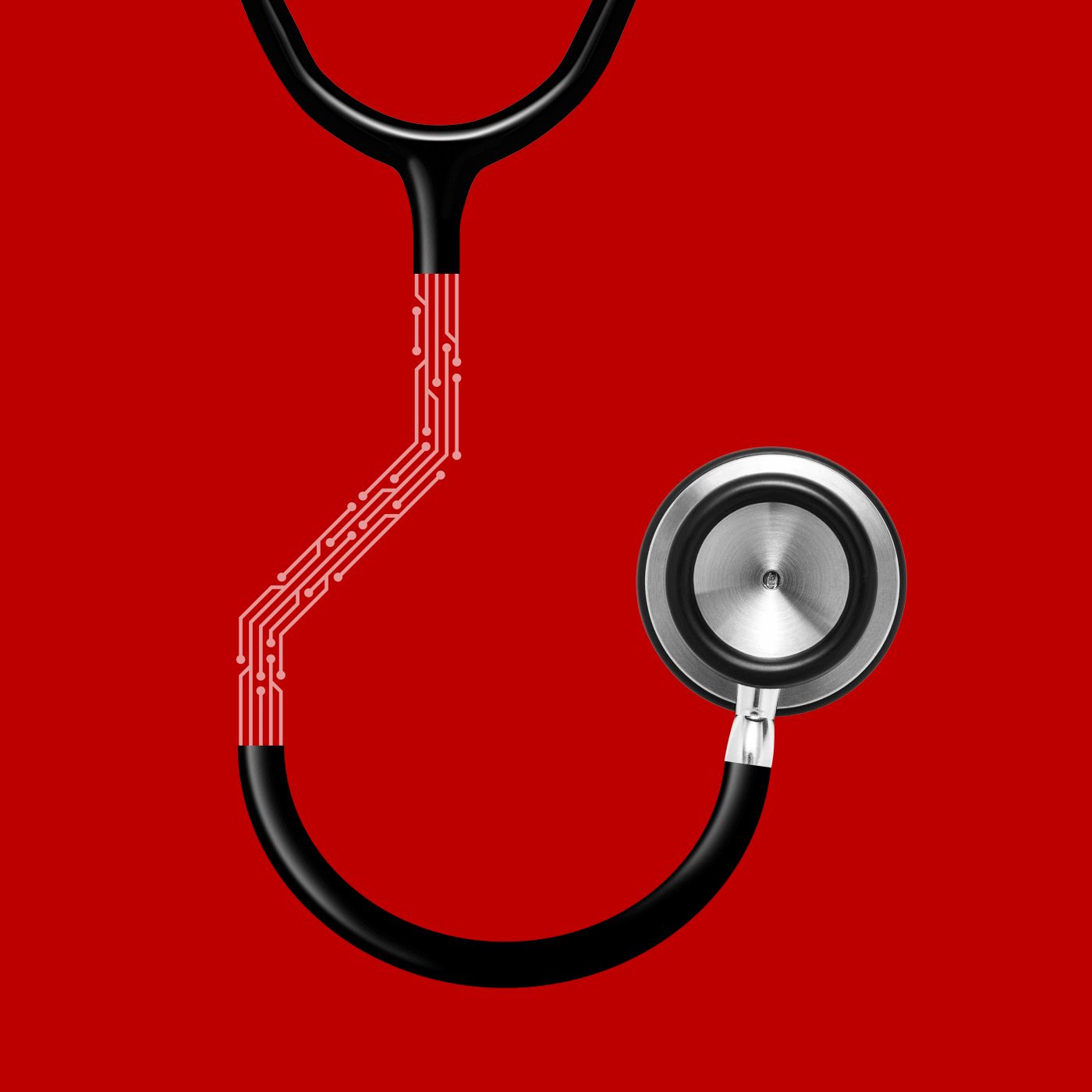the health strategist
research and strategy institute
for value based health, care and tech — transformation
Joaquim Cardoso MSc
Chief Researcher & Editor of the Site
March 31, 2023
KEY MESSAGES
- Doctors are increasingly turning to artificial intelligence (AI) to assist them in making better decisions for patients due to the abundance of medical data now available.
- Despite doctors having a wealth of knowledge and experience, they are unable to interpret all the information on human health and disease.
- AI is becoming one of the most rapidly adopted technologies in history and has the potential to revolutionize the healthcare industry.
- As AI technology progresses, it is predicted that it will soon become a ubiquitous part of healthcare, potentially replacing or redefining traditional healthcare experiences such as doctors, nurses, waiting rooms, and pharmacies.
DEEP DIVE

The AI Will See You Now
As medical research produces ever more data on health and disease, doctors are turning to artificial intelligence to help them make the best decisions for patients
The Wall Street Journal
EDMON DE HARO
By Lee Hood and Nathan Price
April 7, 2023
By virtue of their medical training, doctors have a wealth of knowledge, experience, wisdom and judgment.
Yet even the greatest of human brains can’t remember or interpret a tiny fraction of the information now available on human health and disease.
Just a few years ago, most medical decisions were based entirely on the knowledge in the head of the doctor at the time the decision was made.
Today that is beginning to change, thanks to the rapid development of artificial intelligence.

The evolution that brought the world ChatGPT and similar large language models is making AI one of the most quickly adopted technologies in history, promising profound changes for the way we live and work.
Some of the most important will take place in the field of healthcare.
As the technology behind these systems progresses, AI will soon be as much a part of our healthcare experience as doctors, nurses, waiting rooms and pharmacies.
In fact, it won’t be long before AI has mostly replaced or redefined all of these.
Originally published at https://www.wsj.com












